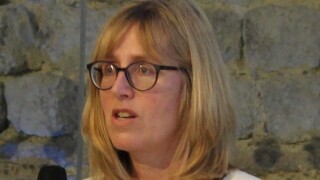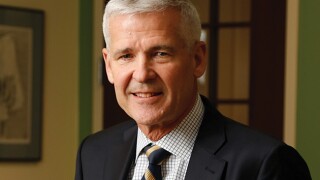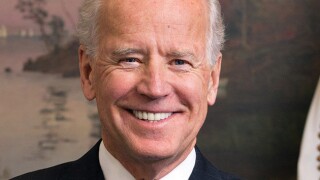
New Zealand has been an innovator in tax. In recent years, it was at the forefront of developing a model for taxing remote services. This legislation was imitated by the EU.
Earlier this year, David Parker’s Inland Revenue proposed a bill to radically change the way goods and services tax (GST) is applied on gig economy firms, potentially setting a trend for tax authorities worldwide. The measure aims to extend the scope of GST to ride-sharing, delivery, and accommodation service providers on online marketplaces.
Parker has led a tax authority that has punched well above the relative size of its country’s population – approximately 5.1 million inhabitants – and which in many ways has become a model office.
But one could be forgiven for thinking that Parker’s success in politics is due to a long career in the field. In fact, Parker cut his teeth in business and law as a managing and litigation partner at law firm Anderson Lloyd in the South Island in New Zealand.
As an experienced CEO and company director, he has been involved in a range of businesses, including innovative biotech export start-ups and more traditional industries.
It was this mix of law and business that saw Parker appointed to cabinet in 2005.
Since then, he has served in a number of roles: attorney-general; minister of energy; minister of climate change issues; minister of transport; minister of revenue; minister of environment; minister of state services; minister of land information; associate minister of finance; and minister of oceans and fisheries.
As revenue minister, Parker continues to drive a progressive tax agenda.
Inland Revenue is pressing ahead with measures to digitise GST invoices. While other countries move towards implementing e-invoicing, New Zealand is looking to move compliance beyond e-invoicing by enabling the tax authority to access taxpayers’ transactions records to support companies’ GST returns.



















































